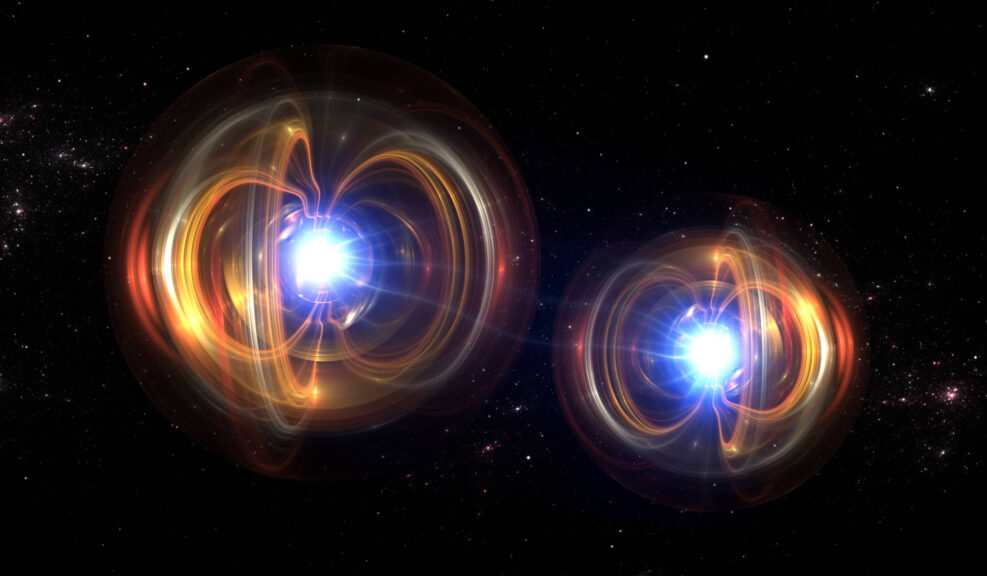
Is God Just a “Hypothesis” Like the Big Bang?
Our friend and interlocutor Edward Feser takes exception to the title of Stephen Meyer ’s recent book, The Return of the God Hypothesis. Dr. Feser writes: With all due respect, the phrase “the God hypothesis” gets my hackles up. If X is something on which the world might merely “hypothetically” depend then X isn’t God. An argument gets to God only if it establishes the reality of an X on which the world couldn’t fail to depend. Hence arguments that present theism as a “hypothesis” are – qua arguments for theism – time-wasters at best and indeed cause positive harm insofar as they yield a distorted conception of God and his relation to the world. That is not to rule Read More ›















